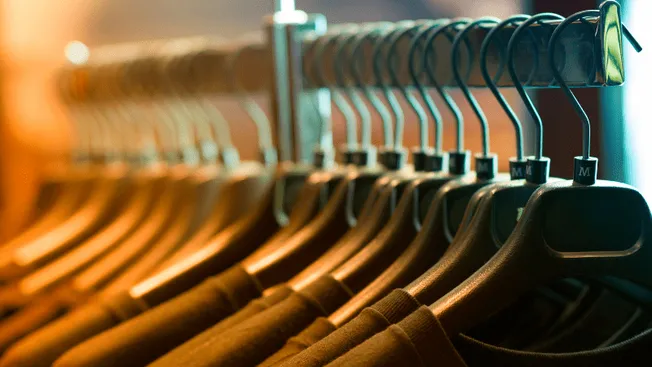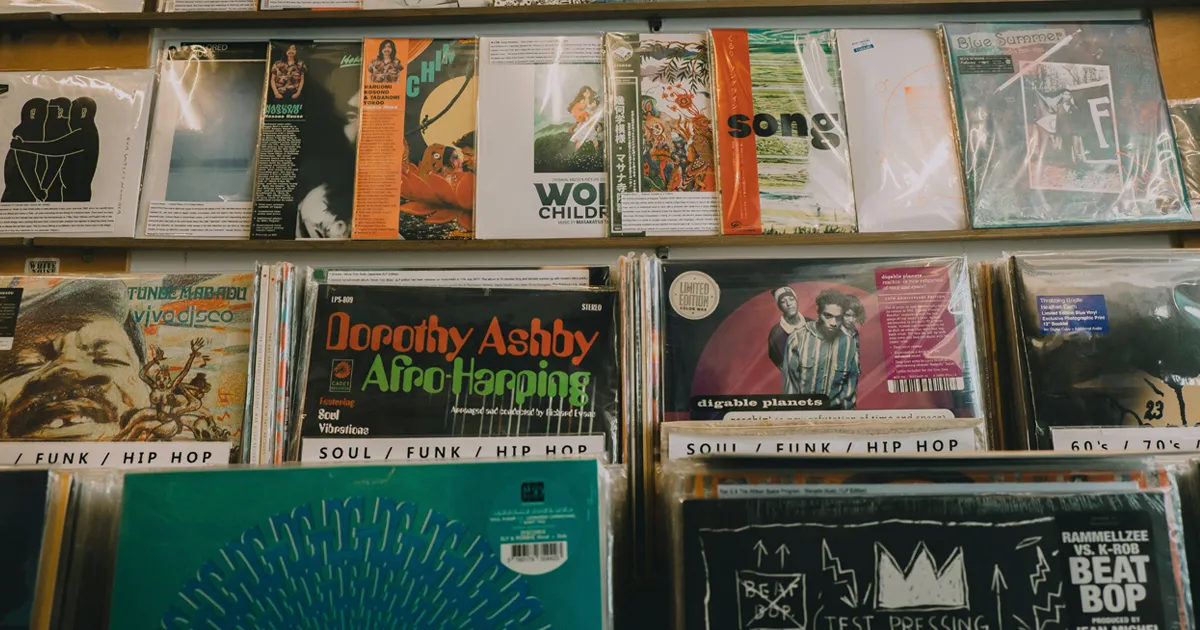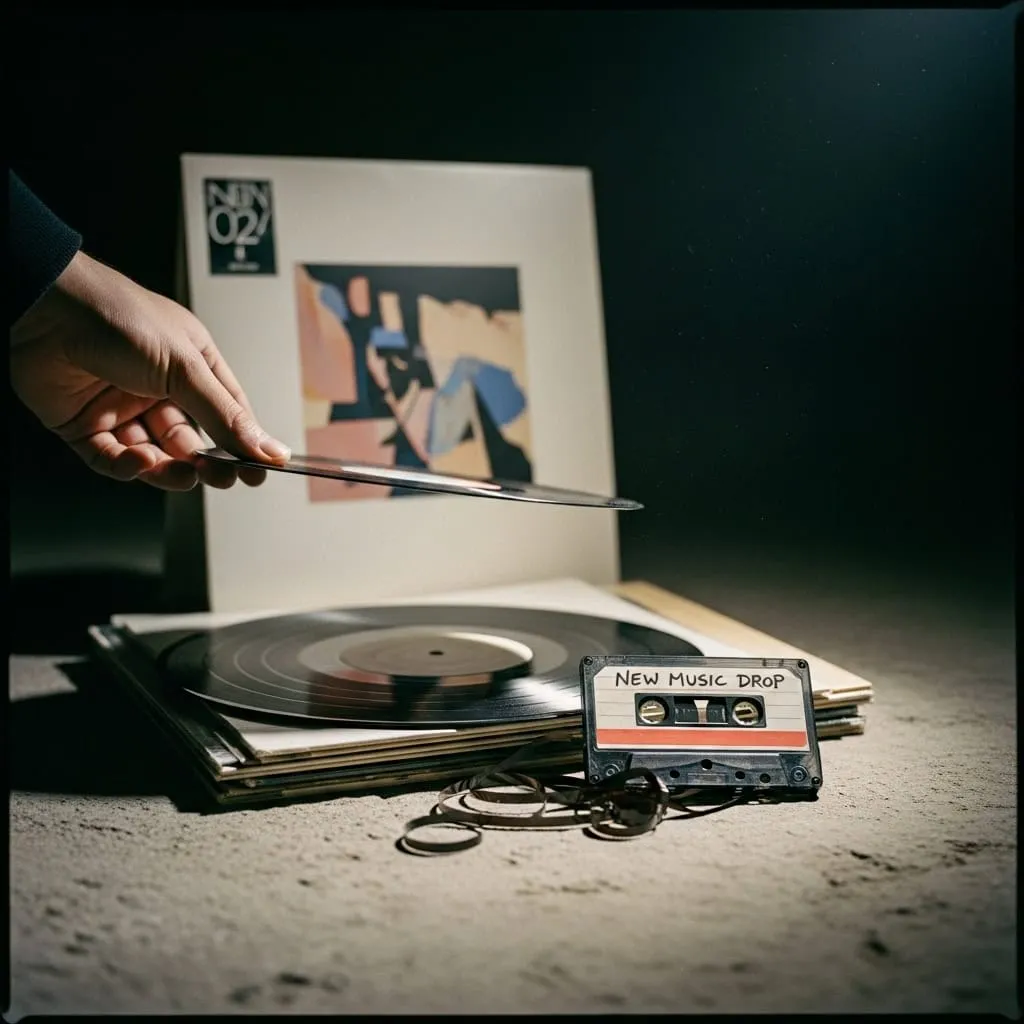We dive into the importance of merchandising for musicians and music companies and how it uniquely creates new connections with fans and expands outreach as an artist and music business.
by Mathilde Neu of Reprtoir
Music businesses are always looking for unique ways of generating revenue. Currently, streams like streaming platforms and licensing are dominating the spotlight. However, amidst the focus on digital income, merchandise—which often gets pushed to the back—is one of the best methods of generating profit.
In this article, we’ll delve into the importance of merchandising for music companies and why it offers a unique way to connect with core fans and monetize a broader community:

The Importance of Selling Merchandise
The core fanbase will always be the best way for music companies to make revenue, and merchandising remains one of the top ways of doing so.
Here are some of the reasons why it’s so crucial:
1. Broader Revenue Streams
Merchandising provides music companies with a diversified revenue stream, and that reduces reliance on traditional income sources like streaming and licensing.
This financial diversification enhances overall stability and resilience against industry fluctuations. After all, nobody expected the COVID-19 pandemic in 2020, which reduced income streams for many musicians. The broader the income streams, the better!
2. More Fan Engagement
Merchandising goes beyond simple product transactions; it becomes a means of interactive fan engagement.
A music company can use virtual pop-up shops, merchandise voting systems, and community challenges to create dynamic and participatory experiences that deepen the connection between the company and its community.
3. Wider Cultural Impact
When fans proudly wear or display merchandise, they contribute to the cultural impact of the musician or band. Likewise, merchandising becomes a visible and influential force, shaping the broader narrative of music culture.
The bigger the narrative and the cultural impact of the artist, the more financial success awaits.
4. Global Accessibility
The digital era has transformed merchandising into a global and accessible endeavor. Online platforms serve as virtual merch tables that enable music companies to reach fans worldwide.
Furthermore, this accessibility democratizes the merchandising experience, ensuring that fans—regardless of geographical location—can participate in supporting the company. Music companies should promote their merchandise on social media for the broadest global reach.
How to Use Merchandising to Grow Revenue
It’s not as simple as creating cool merchandise and watching it fly off the shelf; music companies should have a clear strategy for selling it.
Here are some examples:
1. Exclusive Offers
Music companies can leverage merchandising to award devoted fan bases. For instance, exclusive items, limited editions, and personalized products create a sense of exclusivity—helping to build a deeper connection within the community and generating a sense of pride with fans.
2. Community-Centric Designs
Collaborations in merchandising need not be limited to individual artists; music companies have the opportunity to collaborate with fan-favorite designers or involve the community in the design process.
As such, this collaborative approach transforms merchandise into a collective expression—helping to resonate with the diverse tastes within the broader music community.
3. Tiered Membership Merchandising
Introducing tiered membership systems allows music companies to offer exclusive merchandise to fans at different levels.
Whether it’s early access to limited editions, members-only designs, or special pricing—this approach not only rewards loyalty but also encourages fans to deepen their engagement with the community.
4. Fan Club Packages
Creating specialized fan club packages that include exclusive merchandise improves the sense of exclusivity. These packages could include a mix of unique items—from custom apparel to collectibles—providing fans with a tangible representation of their love for the artist.
5. Personalized Merchandise Drops
Tailoring merchandise drops to individual preferences enhances the personal connection fans feel with the music company.
A music company should utilize data analytics to understand fan preferences to allow for the creation of personalized items; this will transform the act of purchasing into a personalized and meaningful experience.
Merchandising is a crucial component of an artist’s revenue. By offering exclusive incentives, enabling community-centric design collaborations, and including interactive elements—music organizations can transform their merchandise offerings into a fantastic stream of income for their musicians.
Reprtoir offers crucial tools to grow and nurture your music business. Contact us now to find out how our service can grow your music business!





